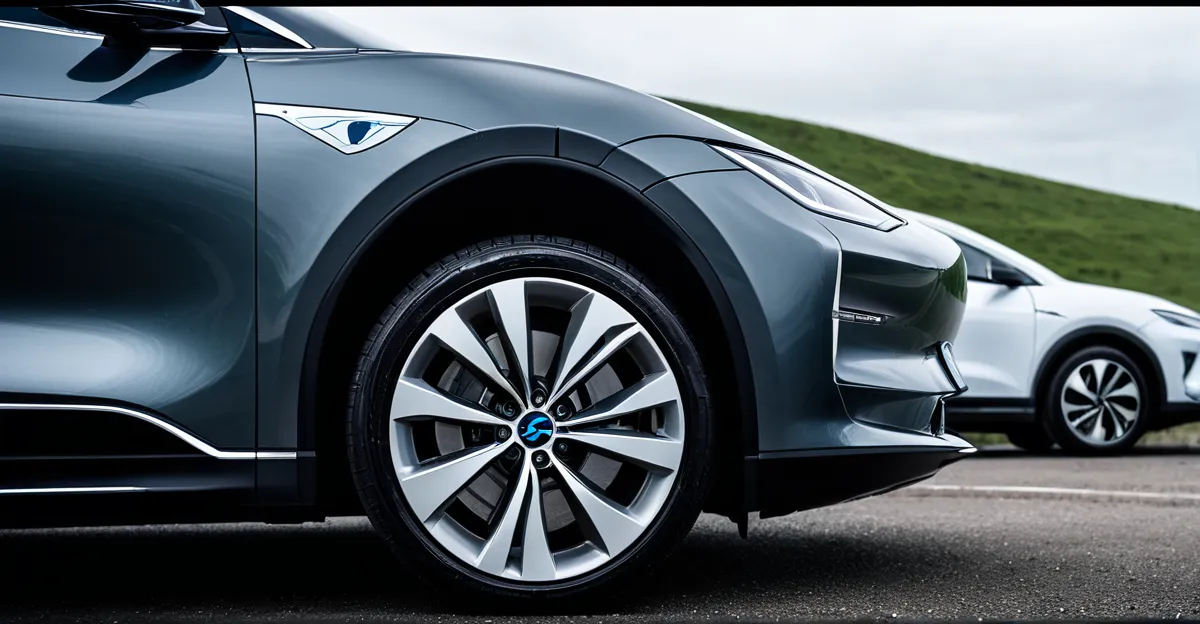Major Transformations in Automotive Manufacturing
The automotive industry transformation is chiefly marked by the shift from traditional car production relying on internal combustion engines (ICE) to electric vehicle manufacturing. This transition demands not just a change in the powertrain, but extensive adjustments in manufacturing processes. For example, EV manufacturing requires new assembly lines equipped to handle electric drivetrains, battery packs, and advanced electronics, contrasting sharply with legacy ICE-focused plants.
Additionally, the rise of electric vehicles necessitates a specialised workforce skilled in high-voltage systems, software integration, and battery technology. Traditional car production workers must therefore undergo targeted training to meet these new requirements, reflecting a significant shift in skills. Legacy manufacturing plants face dual challenges: they must retrofit or replace equipment and retrain personnel while maintaining operational efficiency.
This might interest you : How Are Electric Vehicles Reshaping Urban Mobility in the UK?
Adapting to these transformations involves adopting flexible manufacturing technologies, such as modular production lines, to accommodate both ICE and EV models during the transition. Automakers investing in these technologies position themselves better for sustained competitiveness amid the evolving landscape of automotive manufacturing.
Changes in Automotive Supply Chains
The EV supply chain is transforming rapidly, driven primarily by the essential role of battery production in electric vehicle manufacturing. Unlike traditional car production, which centers on engine parts and mechanical components, EVs rely heavily on lithium, cobalt, and nickel—critical raw materials for lithium-ion batteries. As a result, automotive suppliers must pivot to sourcing and logistics strategies that secure these scarce materials sustainably and cost-effectively.
Also to see : How Will Electric Cars Transform the British Automotive Industry?
Traditional component suppliers face displacement as their parts become obsolete in EV models. This shift forces supply chain realignment, with companies either adapting to new demands or exiting the market. Battery manufacturing has become a key competitive factor, influencing location decisions and investment in advanced facilities.
Moreover, the complexities of EV supply chains introduce challenges such as geopolitical risks, fluctuating commodity prices, and the need for ethical sourcing practices. These factors underscore the importance of resilient, transparent supply chains to support the automotive industry transformation. Adapting supply networks not only ensures production continuity but also aligns with growing consumer and regulatory expectations for sustainability and responsible manufacturing.
Impact on Employment and Workforce Skills
The automotive industry transformation profoundly affects automotive industry jobs, creating both challenges and opportunities. As traditional car production declines, many roles tied to internal combustion engine assembly face displacement. Workers specializing in mechanical engine components often find their skills less in demand. However, the rise of electric vehicle manufacturing introduces new positions requiring expertise in battery technology, high-voltage systems, and software integration.
Workforce reskilling is essential. Companies and governments invest in electric vehicle training programs to bridge skill gaps, helping employees transition from legacy roles to EV-related careers. This reskilling includes hands-on training with battery pack assembly, electric drivetrains, and vehicle software. The specificity of these skills means generic automotive experience is insufficient without focused education.
Regional differences influence employment trends. Areas with strong EV adoption often see quicker workforce adaptation, while regions reliant on ICE manufacturing face slower transitions and greater workforce disruption. Consequently, a coordinated approach to workforce reskilling supports not only individual workers but also broader economic stability amid the ongoing automotive industry transformation.







